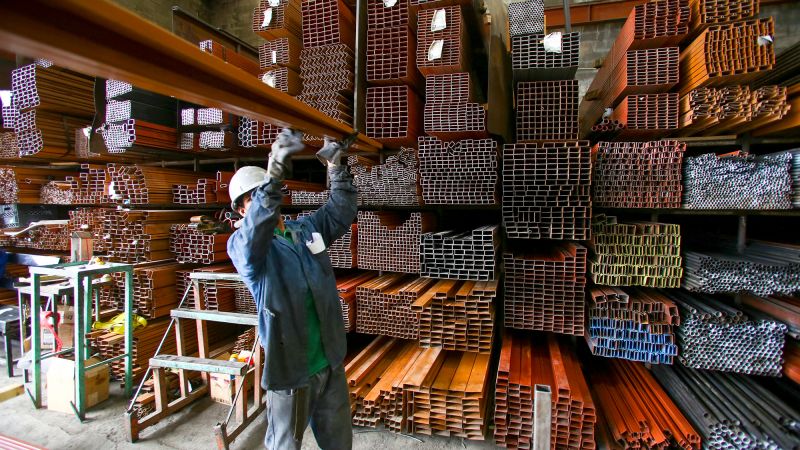
The Economic Fallout of Protectionist Trade Policies: A Global Perspective
The global economy is facing headwinds, and a significant contributor is the lingering impact of protectionist trade policies. While the intention behind such measures might be to bolster domestic industries and jobs, the reality is often far more complex and damaging, resulting in a ripple effect of negative consequences felt worldwide.
One of the most immediate and noticeable impacts is the slowing of economic growth. The imposition of tariffs, essentially taxes on imported goods, increases the cost of those goods for consumers. This translates to reduced purchasing power, dampening consumer spending, a key driver of economic growth. Businesses, too, are affected. Higher input costs from imported materials increase production expenses, leading to reduced profits and potentially job losses, even in the sectors initially intended to benefit from the protectionist measures. This effect isn’t confined to the country imposing the tariffs; the global interconnectedness of supply chains means that disruptions in one region quickly spread, affecting businesses and economies across the globe. The resulting uncertainty discourages investment, further hindering growth.
Beyond the direct impact on growth, protectionist policies are fueling inflation. Tariffs directly increase the price of imported goods, and this cost is often passed along to consumers through higher prices. This inflationary pressure erodes purchasing power and can lead to a wage-price spiral, where rising prices lead to demands for higher wages, which in turn further increase prices. This is particularly concerning in an already volatile economic environment, where rising inflation can disproportionately affect low-income households, exacerbating existing inequalities.
The situation becomes even more complicated when considering the retaliatory measures often triggered by protectionist actions. If one country imposes tariffs, other countries are likely to respond in kind, creating a tit-for-tat escalation that ultimately harms all involved. This trade war scenario disrupts established supply chains, leading to shortages, higher prices, and increased uncertainty for businesses trying to navigate a rapidly changing landscape. The resulting instability can discourage foreign direct investment, as businesses become hesitant to commit capital to markets where the rules of engagement are constantly shifting.
Furthermore, protectionist policies can stifle innovation and productivity. Global trade fosters competition, encouraging businesses to improve efficiency and develop new technologies to remain competitive. When trade is restricted, this competitive pressure is lessened, leading to complacency and potentially hindering the development of new and better products and services. This ultimately reduces the overall potential for economic growth in the long run.
The long-term consequences of protectionist trade policies are deeply concerning. The short-term gains often touted by proponents are easily overshadowed by the long-term costs associated with slower economic growth, higher inflation, and increased global instability. The interconnectedness of the global economy means that these policies cannot be viewed in isolation; their impact is far-reaching and significantly more damaging than initially anticipated. A more collaborative and open trade system, based on mutually beneficial agreements and a commitment to global cooperation, is essential for fostering sustainable and inclusive economic growth for all nations. The current situation serves as a stark reminder of the potential dangers of prioritizing protectionism over cooperation in the global marketplace.



Leave a Reply